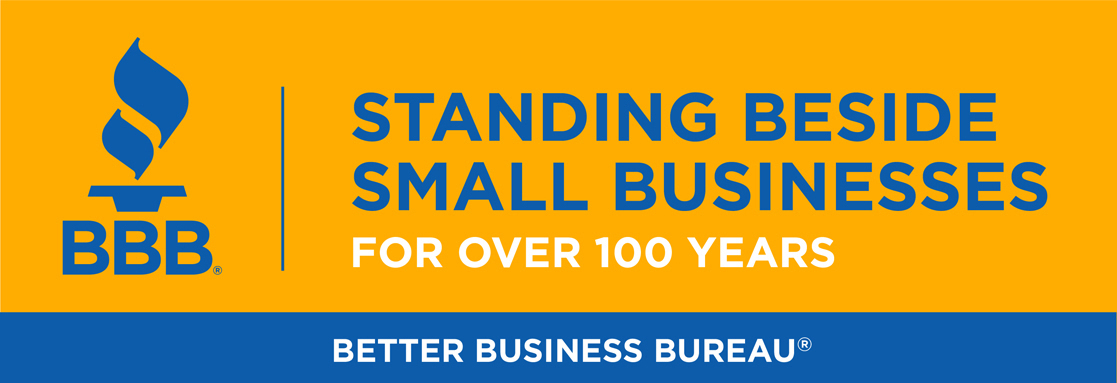As you and your family plan for warmer weather and all the summer fun that comes with it, make sure you vet potential summer camps for your kids carefully.
Summer camp is a safe environment for kids to develop social skills, grow a bit of independence and experience the outdoors. At a top-quality camp, parents should be able to trust the staff with their children’s health and safety so everyone can focus on having a great summer.
When you’re choosing a summer camp, use the same level of care that you would in choosing a childcare provider — after all, your child will be spending all day there, and possibly staying overnight.
Always visit the camp, carefully inspect the facilities and learn about the camp’s safety protocols before signing up. Research before paying to make sure the camp is run by a trusted organization with a good track record.
Tips to help your child have a safe, fun summer at camp:
• Ask your child what activities they’re interested in. This is the first and best way to ensure your child will have a good experience at camp. Weigh their interests and personality along with the structure and intensity of activities at the camp.
• Check for accreditation. Look for trustworthy camps that are accredited by the American Camp Association (ACA) or by BBB. ACA accredited camps must meet 32 national summer camp standards, and BBB Accredited Businesses must meet the eight Standards for Trust. You can use BBB.org to find camps near you, check for BBB Accreditation and read reviews.
• Use references. It can be reassuring to have a recommendation from someone you know and trust. Ask friends and family for suggestions. You can also ask the camp if they have a list of past campers who are willing to give references.
• Always visit the camp before paying. Check the location of the camp and view the living, eating and recreational facilities. Take the opportunity to meet the staff.
• Know the required safety standards. Individual states have their own health and safety guidelines for summer camps, and all will follow CDC recommendations. Ask about the camp’s safety standards, particularly for water activities, archery and out-of-camp trips.
• Learn about medical facilities and emergency procedures. Ask how you will be contacted in case of an emergency and what medical resources the camp has on-site. Some camps have specific processes for children who need daily medication, so be sure to find out how the camp can accommodate your child’s specific needs.
• Ask about family visits and communication. It’s important to know when you can contact your child and how the staff handle homesickness.
• Look into the camp director and staff’s background. Ask how the staff are trained, if background checks are conducted and the ratio of campers to staff.
• Ask about the camper and counselor return rate. It’s a good sign if campers and counselors alike are excited to return to the camp year after year.
• Review contracts, fees and deadlines. Read contracts carefully before you sign them. Make sure you understand the total cost, whether there are any additional fees and what the refund policy entails.




Facebook Comments